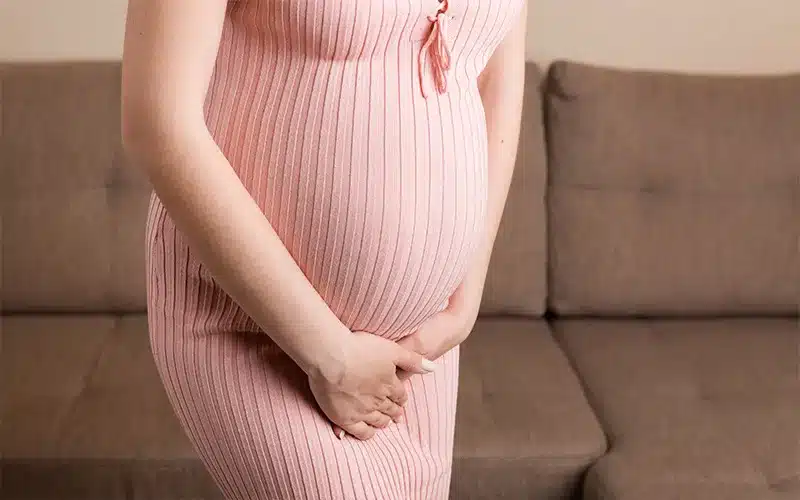Many women experience urinary incontinence during and after pregnancy as the body’s changes can affect bladder control, sometimes causing unexpected leaks when coughing, sneezing, or laughing. It’s natural to feel embarrassed, but don’t hesitate to talk to your doctor about it. It is a common condition and seeking guidance can make a big difference. We aim to inform and empower you with practical tips for the management and prevention of urine leakage during and after pregnancy.
First, it is important to know that there are various types of urinary incontinence, including:
- Stress: Occurs when physical pressure on the bladder leads to urine leakage.
- Urgency: Involves urine loss due to a sudden and strong urge to urinate, often caused by bladder contractions.
- Mixed: Combines symptoms of both stress and urgency incontinence.
- Transient: Temporary leakage caused by factors like side effects from medications or conditions such as urinary tract infection or constipation.

